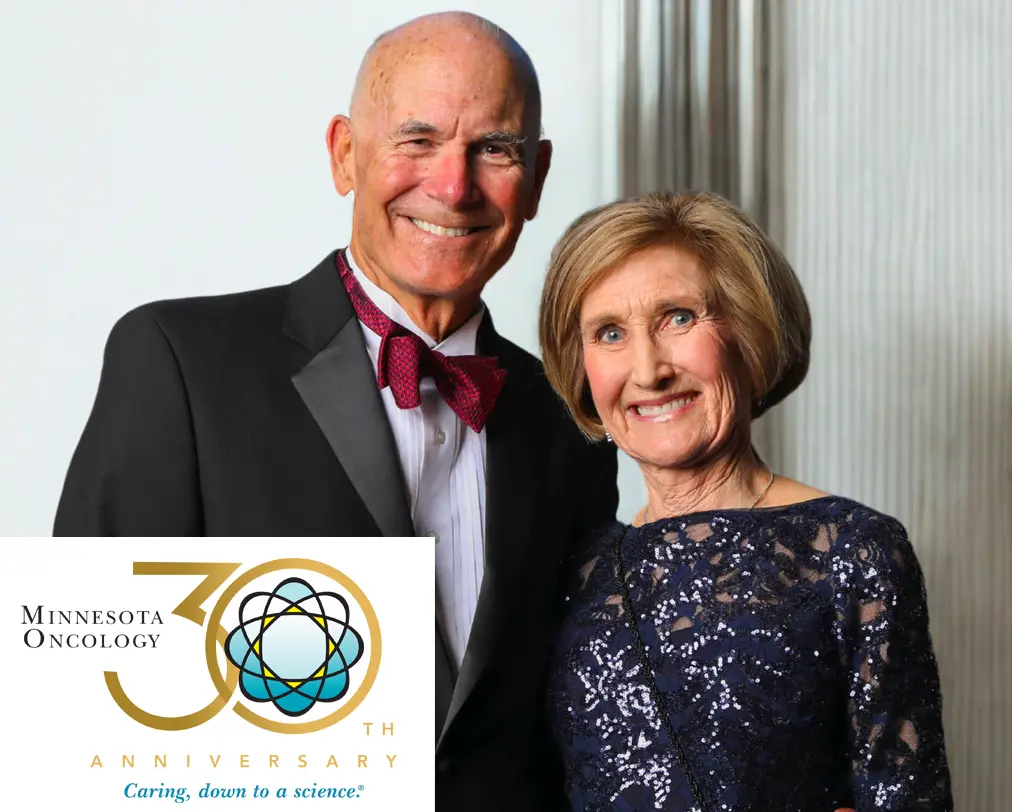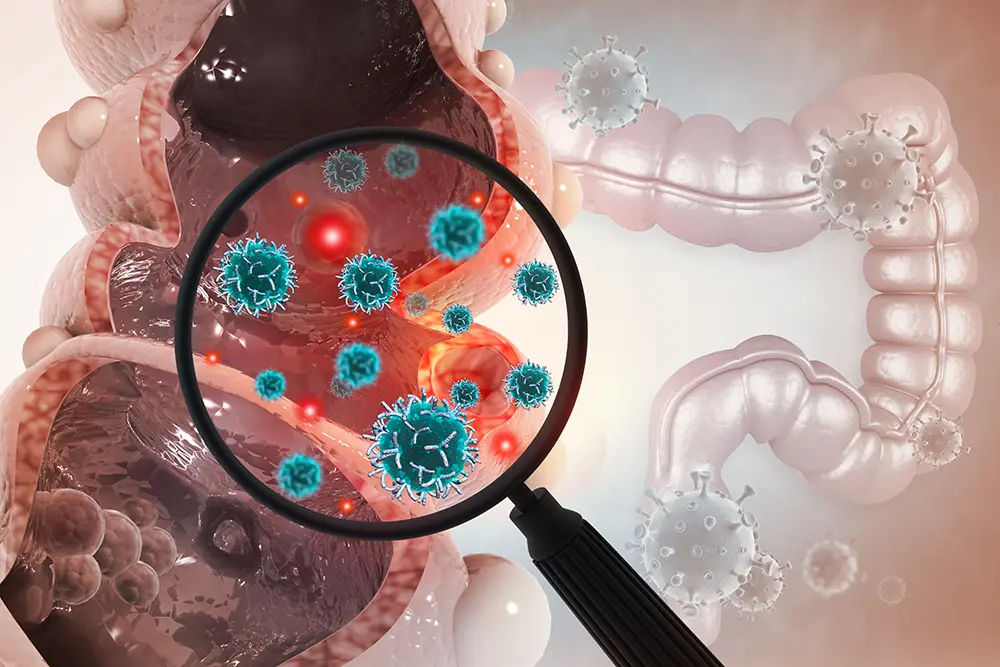Mayo Clinic Minute: 3 ways to prevent head and neck cancer
This content is courtesy of Mayo Clinic, the No. 1 hospital in the nation according to U.S. News & World Report. Minnesota Oncology is a member of the Mayo Clinic Care Network. This relationship provides us with access to information, knowledge and expertise from Mayo Clinic.
April is National Head and Neck Cancer Awareness Month
Throat cancer is one of the fastest-growing cancers, and it is often linked to HPV. Oropharyngeal cancer, or throat cancer, is a type of head and neck cancer that can be divided into two subgroups: HPV-associated cancers and non-HPV-associated cancers. And depending on the type of subgroup, they are treated differently.
Dr. Katharine Price, a medical oncologist with the Mayo Clinic Comprehensive Cancer Center, says there are three ways to reduce your risks and help prevent head and neck cancer.
Tobacco and alcohol use increase the risk of non-HPV tumors, while HPV is responsible for about 70% of head and neck cancers.
"What's important about that is they are different biology and they're much more treatable, meaning they respond better to treatments, and they tend to have a higher cure rate. We're sort of treating those differently than how we treat some of the non-HPV cancers," says Dr. Price.
Surgery, radiation and chemotherapy are all treatment options, but Dr. Price says it is better to reduce the risks of infection.
Ways to help prevent head and neck cancer
"The big three: no smoking tobacco use, minimizing alcohol and then HPV vaccination," she explains.
"We know that smoking and alcohol are big risk factors for head and neck cancer if you do both. This increases your risk even more," says Dr. Price.
And she encourages eating a healthy diet.
"We really should be striving to have a good whole-food diet, trying to minimize eating processed foods and refined sugars," says Dr. Price.





